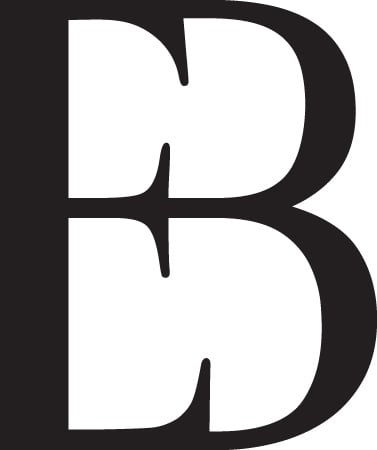And would some Power give us the gift
To see ourselves as others see us!
It would from many a blunder free us,
And foolish notion:
What airs in dress and gait would leave us,
And even devotion!
-Robert Burns
When I was young, my father offered me a variation of this sentiment as he chided me for an inflated sense of self worth following a victory for my soccer team. I doubt in retrospect that my father intended for this nugget to assume the level of importance in my mind that it ultimately did, but the idea stuck. Ever since, I’ve been suspicious of my own self-perceptions, and often consider others’ perceptions of me and my work more reliable than my own.
Early in my photographic career, I remember posting a series of portraits that I thought were pretty good on a photo forum. It was one of my first “serious” portrait sessions, and I was reasonably proud of the results. However, shortly after posting, it was pointed out to me that some of my shallow DOF shots had failed to perfectly hit on the subject’s eyes. I remember a feeling of embarrassment similar to finding I’d ventured out with my fly unzipped. The fact that I had failed to notice a flaw in my work while others had reinforced my sense that I have a blind-spot with regards to my own images.
While this attitude was probably an asset in keeping me receptive to critical feedback and helping me to identify areas for improvement, over the years I’ve begun to recognize that distrust in my own vision can be as severe a handicap as a blindspot for my own flaws. I have reached points in my efforts at photography where I have been consciously attempting to create images where nothing was wrong with them.
Perfection can be a sterile place. Part of the reason I have quit shooting digital for the time being is that it feeds the risk-averse perfectionist control-freak streak in my nature. I can fuss with everything both with instant review and then with post-production until I’ve eliminated every possible mistake... and I leave myself with stale, sad, lifeless heaps of pixels. I sacrifice spontaneity to the photo gods with a prayer that no one notices a blown highlight. Shooting eccentric film cameras forces me to let go just a little bit more.
“...what is that makes your style? It’s the things that you fuck up as much as the things that you do well, so half your style is stupid mistakes that you consistently make.”
-David Fincher
As a general rule, only those committed to their vision achieve greatness. We all laud the great artists who defied the critics, stuck to their guns, and achieved immortality. However, for every artistic genius who ignored conventional wisdom and turned technique on its head, there have always been a lot of practitioners with delusions of grandeur, willfully oblivious to their own mediocrity.
The perennial question of “daring to be great” doesn’t really describe the true tradeoffs involved in the kind of risk-taking that makes greatness possible. The alternative to greatness is often presumed to be languishing in mediocrity, but in reality the choice may be between being pretty decent (albeit never great) and chasing a white whale of greatness most of us are never capable of achieving.
Some have suggested the secret is in timing: as we learn and develop as artists we graduate from reliance on the more experienced judgment of others to being capable of realizing our own vision and making our own choices. This may be so, but if it is the transition line is impossibly obscure: when am I ready to strike out and carve my own path?
Obviously, I don’t have any brilliant insight for you regarding the path to greatness, or I would have achieved it a long time ago. What I can tell you is I’m trying quite hard right now to begin to trust my own vision more, even if it means that sometimes I’m wrong about my work. No matter how much the critics of the world love to play “gotcha,” I’m going to continue to strive for more in my work than images that aren’t wrong.
